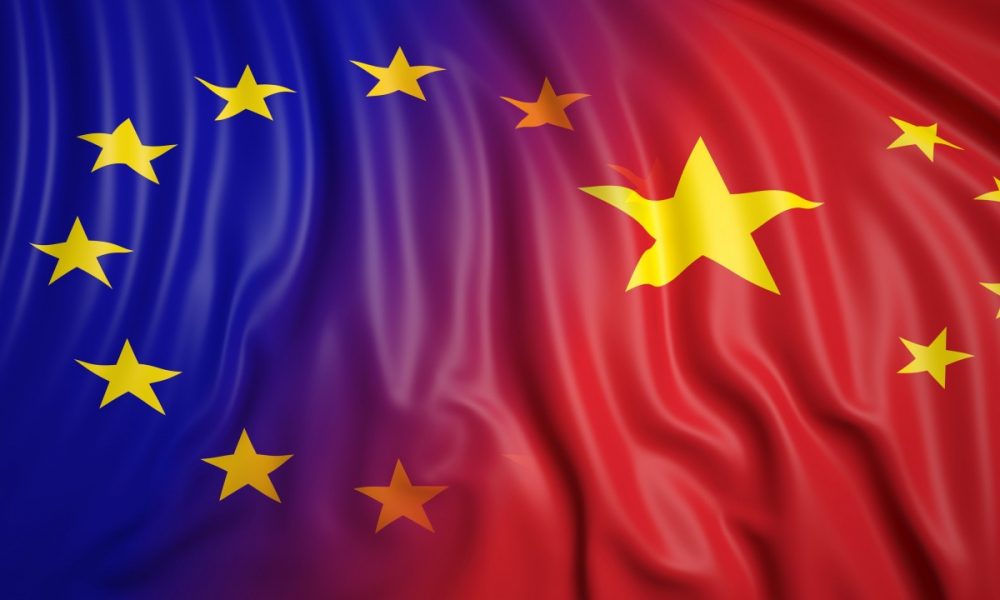
EU, China signs Comprehensive Agreement on Investment

After 7 long years of negotiation, on the 30th of December 2020, the EU and China reached an agreement on investment in principle. This agreement is said to be the most ambitious one that the latter has ever concluded with a third country- it is termed the Comprehensive Agreement on Investment (CAI). Key players who played a role in this historical moment include President Xi Jinping of China, Chancellor Angela Merkel of Germany, President Emmanuel Macron of France, as well as President of the European Council and of the European Commission.
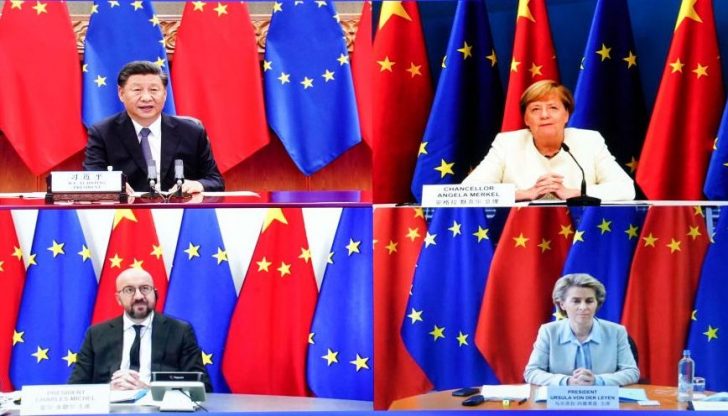
Getty Images | Chinese President co-hosts a China-Germany-EU leaders’ meeting
Outline of the CAI
All parties concerned seem to be on the same page regarding key principles and milestones to be regulated by the agreement. Both parties reasserted their obligation towards the UN’s Charter and the fundamentals mentioned in the Declaration of Human Rights under the preamble of the agreement. It also included a promise from both parties to ensure environmental and labor rights’ protection in their undertaking.
The agreement goes on to shed light on the following aspects of the collaboration:
– Investment liberalization and market access
– Equal playing field
– Domestic regulation
– Sustainable development
– Institutional and final provisions
– Transparency in standard-setting
– Dispute settlement mechanism
– Financial services
Therein, China will allow greater market access for EU investors, with the promise of fair treatment, so the competition remains just in China. The agreement has also highlighted rules governing the forced transfer of technologies, transparency of subsidiaries, and state-owned enterprises.
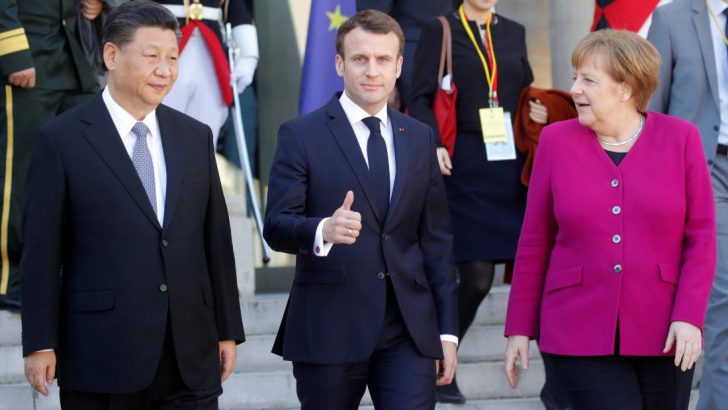
Quartz | The leader behind the CAI
EU-China Relations
Negotiations on the CAI started back in 2013, when investors on both sides demand access to EU and China markets, guaranteeing that their investments would be protected. In fact, deliberations over sustainable development and market access ran on even in December 2020. However, days before years end, the parties in question managed to reach a political agreement.
The agreement serves as a turning point in EU-China relations. With Joe Biden soon to be in the Oval Office, this change couldn’t have come any sooner. However, even after 7 years, the parties have merely traversed the first part of the process. For the agreement to be ratified, all parties involved must be ratified- and we know just how many deals have fallen through at this stage. It often even takes years for states to ratify deals.
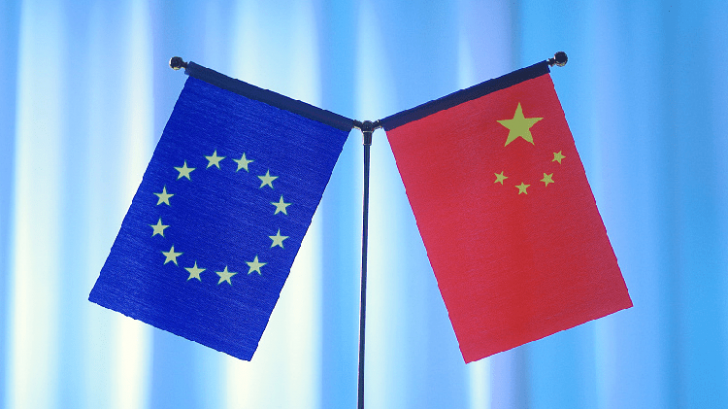
China Chamber of Commerce | It’s a new dawn for east-west relations
We, however, remain hopeful to see newly improved relations between the EU and China.
More in Business
-
`
Unveiling the Reality: Are College Grads Overestimating Their Future Earnings?
As you stroll across that graduation stage, diploma in hand, dreams and aspirations fill your heart. You’re ready to conquer the...
February 3, 2024 -
`
Can Big Tech Lead the Charge in Stock Market Resurgence?
In the rollercoaster world of stocks, the past week presented a fascinating tale, especially in the realm of big tech companies...
January 27, 2024 -
`
When to Exit a Startup Investment | Key Indicators for Savvy Investors
Investing in startups can be an exciting venture, filled with potential and the thrill of supporting innovative ideas. However, not all...
January 20, 2024 -
`
The Best Space Stocks Recommended by Wall Street Analysts
Today, we’re talking about the best space stocks to buy – that is, according to Wall Street experts. If you don’t...
January 1, 2024 -
`
Unlocking the Mystery: Why Fed Rate Hikes Are Like Slow-Motion Fireworks
In the vast landscape of the U.S. economy, the recent 5.5% interest rate set by the Federal Reserve might seem like...
December 24, 2023 -
`
Side Hustle Culture: Trusted Websites to Showcase Your Portfolio
In the vibrant world of side hustles, your portfolio is your billboard, your calling card, and your personal gallery all rolled...
December 20, 2023 -
`
Decoding the Bud Light Boycott Phenomenon
Hey there, beverage buddies! Ever heard the saying, “go woke, go broke”? Well, grab your favorite drink and let’s dive into...
December 14, 2023 -
`
Brad Pitt’s ‘Semi-Retirement’ Plans
Brad Pitt, known worldwide for his Academy Award-winning acting and top-notch production skills, is not just a Hollywood sensation; he’s a...
December 9, 2023 -
`
How to Adjust and Renew Your Portfolio
Investing in the financial world is like navigating an ever-changing landscape—constantly evolving, always shifting. The key to staying on track? Regularly...
November 18, 2023





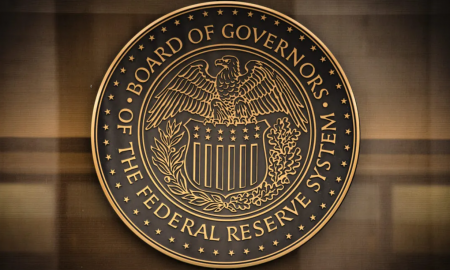









You must be logged in to post a comment Login